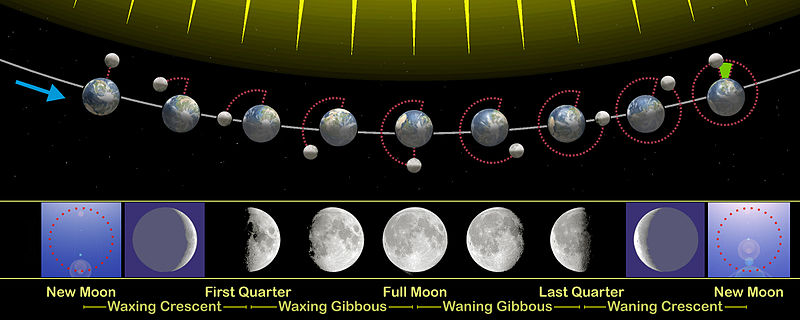Calenders, and their close mechanical relative the clock, developed in large part to keep track of important ceremonial dates like today. But I didn’t know until a few minutes ago the connection between the full moon and easter Sunday:
(Space.com) — The first full moon of spring is usually designated as the Paschal Full Moon or the Paschal Term. Traditionally, Easter is observed on the Sunday after the Paschal Full Moon. If the Paschal Moon occurs on a Sunday, Easter is the following Sunday. Following these rules, we find that the date of Easter can fall as early as March 22 and as late as April 25. Pope Gregory XIII decreed this in 1582 as part of the Gregorian calendar. So according to the current ecclesiastical rules, Easter Sunday in 2012 is to be celebrated April 8.


Yup. That’s why Easter floats around from year to year, rather than having a specific date.
Well, and the Paschal Full Moon doesn’t necessarily correspond to, y’know, an actual, astronomical Full Moon. Just sorta kinda like. Just like the Paschal Spring Equinox isn’t necessarily on the day that the Sun crosses the celestial equator heading north.
It’s one of those Religious Mysteries, I think.
The development of the western calendar is closely tied to efforts to find the correct (sic) date of Easter. In fact, the Easter Controversy has been on-going for more than 1500 years, and has occasionally come to open warfare.